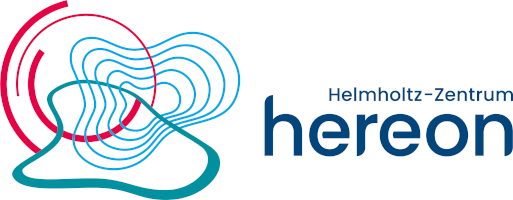-
 Feedback of forest distribution on the simulated climate of the metropolitan region of Hamburg
(2013)
Feedback of forest distribution on the simulated climate of the metropolitan region of Hamburg
(2013)
- Regional climate change projections show a changing climate in the metropolitan region of Hamburg for the end of the century: The temperature could increase and the precipitation in summer could decrease. To cope with the probably longer lasting and hotter summer conditions in Europe there are different possible adaptation measures in land management practice, e.g. forest conversion. That means the conversion of mostly coniferous forest monocultures to deciduous and mixed forests. Mixed forests are generally more adaptable in comparison to conifer forests. They ensure an increased groundwater recharge because of less canopy interception and reduced transpiration outside the growing season. An interesting question is how forest conversion would feedback to the regional climate under different climate conditions. To explore climate feedbacks, REMO (regional climate model at the Max Planck Institute for Meteorology, Hamburg) is applied. To get a more realistic representation of the land surface, a current dataset from a digital basis landscape model of the Federal Agency for Cartography and Geodesy is used instead of the standard representation of the land surface in REMO. In some areas of the metropolitan region of Hamburg the updated land surface increases the forest fraction. Additionally, all coniferous forest types are converted into broadleaf forest types to study the maximum impact on the simulated near surface climate. This set-up is used for a climate simulation with REMO, forced by ERA-INTERIM reanalysis data for the period of 1990-2008. Selected climate variables are analyzed and the associated processes are investigated: The different forest distributions affect particularly the evapotranspiration and thus the water- and energy cycle of the soil and the lower atmosphere. Especially, the effects in the very hot and dry year 2003 and in the wet year 2002 are analyzed. To study the impacts of the forest distributions under different climate conditions, a second climate simulation is set up with REMO, forced by ECHAM5-MPIOM for the historical period 1970-2000 and for the future time periods 2035-2065 and 2070-2100 under A1B emissions. This allows analyzing the impact of a changed forest cover under different climate conditions. It gives a first estimation of climate sensitivity.
-
 Klimaservice für die Klimafolgen- und Anpassungsforschung in der Metropolregion Hamburg
(2013)
Klimaservice für die Klimafolgen- und Anpassungsforschung in der Metropolregion Hamburg
(2013)
- Vorstellung von Projektergebnissen aus KLIMZUG-NORD bezüglich jährliche und saisonale Temperatur- und Niederschlagsänderungen zur Mitte und Ende des 21. Jahrhunderts, sowie Ergebnisse aus dem Projekt Hamburg 2K. In Hamburg 2K wird analysiert, was eine Begrenzung auf eine Temperaturänderung von 2K für Hamburg bedeutet. Ausgewertet wurden Temperatur- und Niederschlagsänderungen sowie ausgewählte Indices.

